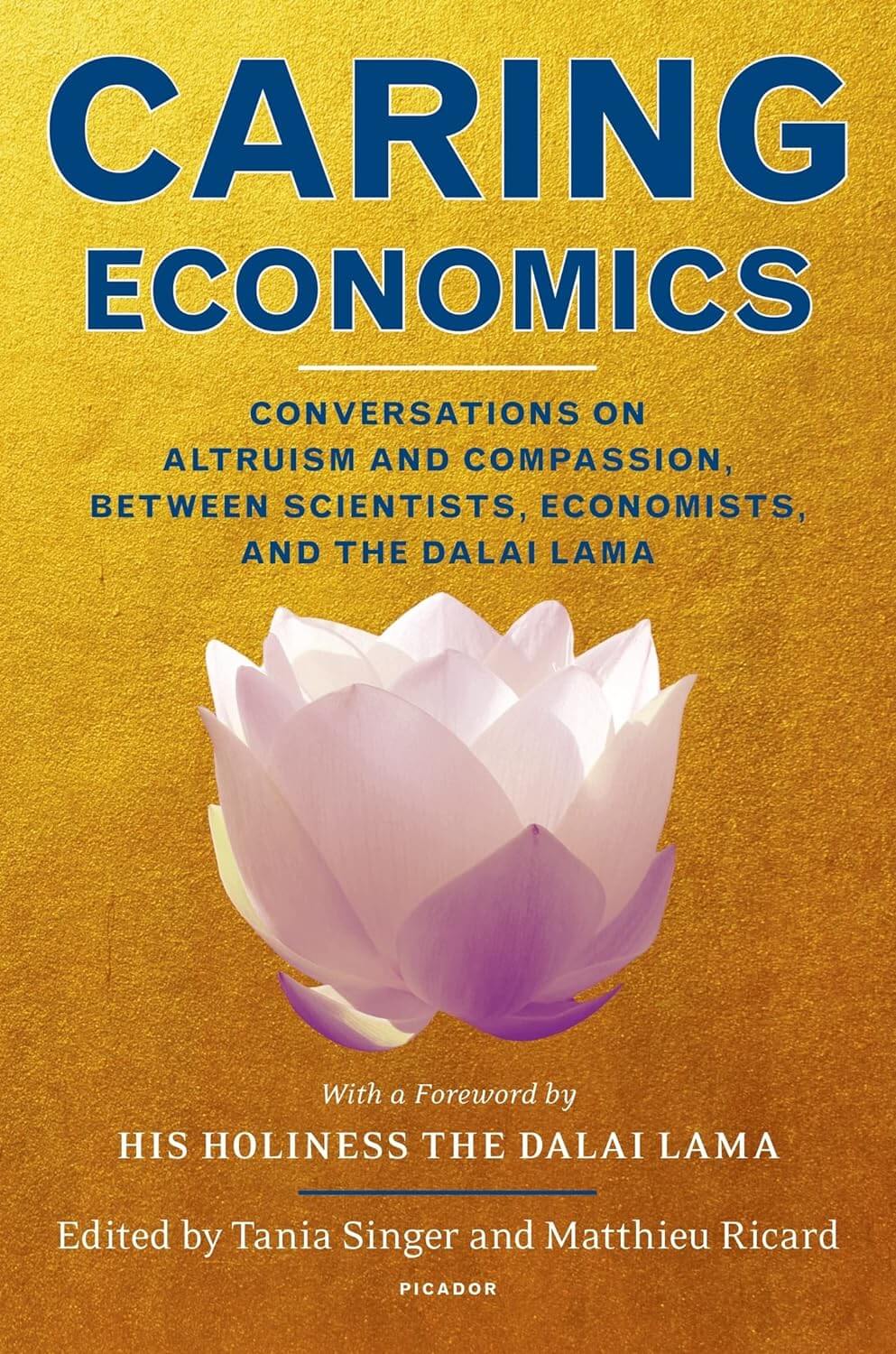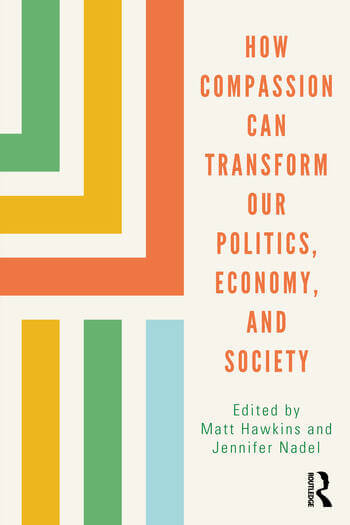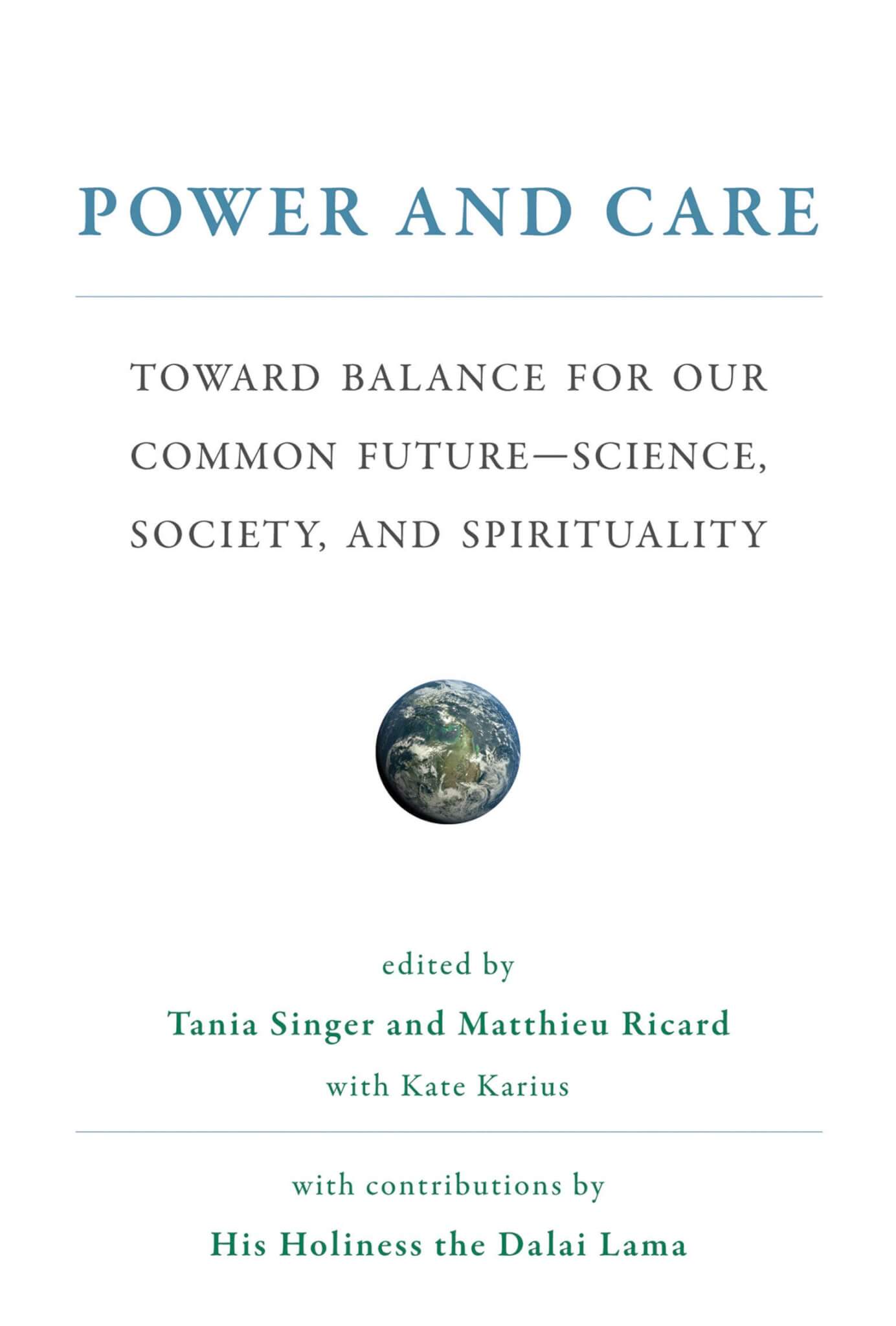Achieving lasting change
Transitioning to a profoundly more ethical and compassionate economic system is difficult yet essential work requiring collaboration, education and perseverance over time. No single solution exists, but many complementary steps can cumulatively drive progress. Where should we focus our efforts?
Strengthening civil society
Strengthening the capacity and resources of civil society is critically important. This means supporting the vital work of nonprofits, social enterprises, ethical businesses, cooperative networks, faith groups, unions, and other institutions that stand between individuals and systems of government or corporations. A robust civic infrastructure provides counterweight to the outsized influence of corporations and amplifies marginalized voices.

Community organizing
Grassroots community organizing can successfully put bottom-up pressure on corporations and policymakers to address economic injustices. Sustained, coordinated civic movements made up of mass mobilizations, protests, boycotts, and other forms of principled resistance send a powerful signal of organized, collective pushback against exploitation and inequality. When marginalized groups unite to demand economic dignity, their solidarity catalyzes change.

Education reform
Stronger government regulation and oversight is also essential to prevent harms. Robust regulatory frameworks can help mitigate the adverse effects of unchecked market forces and ensure that businesses operate in a manner that prioritizes social and environmental well-being. Regulatory agencies must take a much more proactive role in policing unsafe products, pollution, financial speculation, monopoly power, and other practices detrimental to the public good. Moreover, effective oversight mechanisms can help prevent the exploitation of workers, promote fair wages, and enforce compliance with labor standards, thereby fostering a more equitable and just economic environment. Well-funded ethical oversight and stringent enforcement of regulations already in place and new protections yet to be enacted can ensure corporations internalize social costs.

Advocacy
Advocating for specific reforms through policy and legislation remains essential in driving systemic transformation toward a more compassionate economic model. Advocating for policies that prioritize sustainability and social equity can exert pressure on policymakers to implement regulations that support ethical business practices, social welfare, and environmental conservation. By amplifying the voices of marginalized communities and promoting inclusive policy-making processes, advocacy efforts can pave the way for a more just and equitable economic system that values the well-being of all individuals and communities.

Cultural change
Cultivating a culture of empathy is essential for fostering understanding and solidarity within society. Promoting storytelling and media that highlight the human aspect of economic issues can engender empathy and compassion among individuals, encouraging a deeper understanding of the diverse challenges faced by different communities. By promoting narratives that emphasize shared experiences and the interconnectedness of humanity, the cultivation of a culture of empathy can bridge societal divides and foster a collective commitment to creating an economic system that prioritizes the well-being of all its participants. Through these collective efforts, it is possible to cultivate a more compassionate economic system that embodies the values of empathy, equity, and sustainability, fostering a more just and equitable global economy for the benefit of all.






